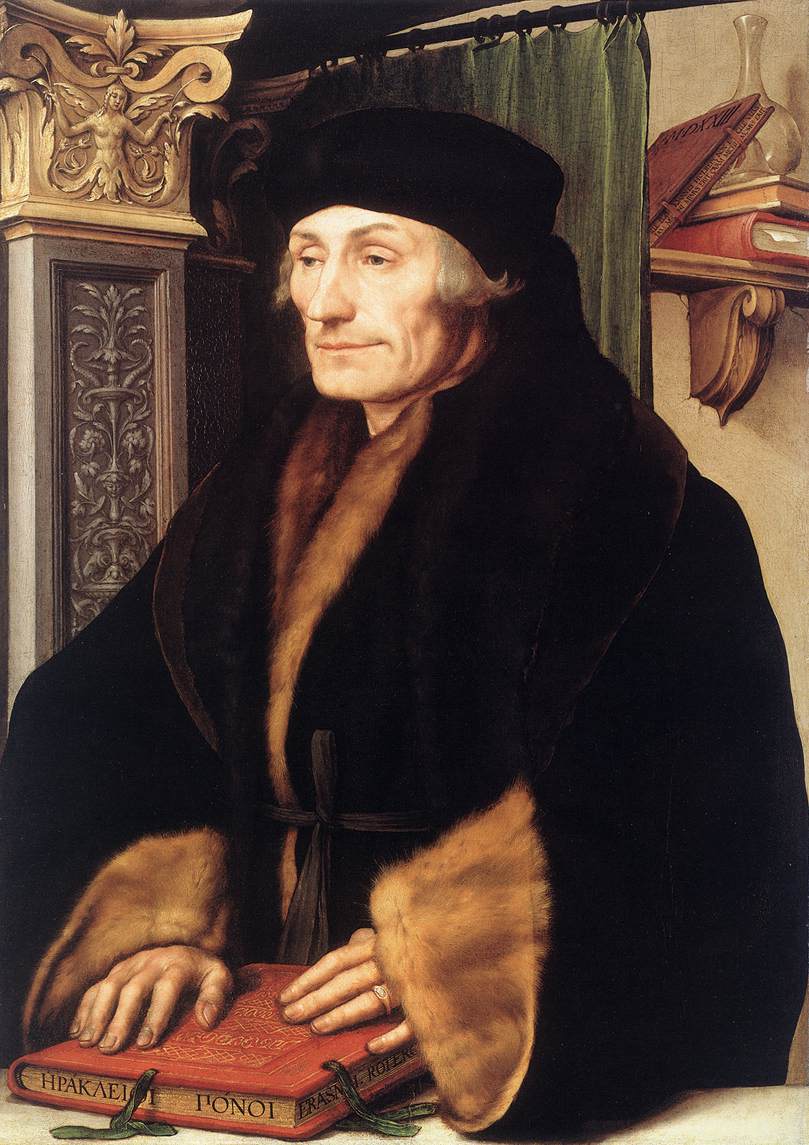Cromwell and the English Bible
Chapter 1: Early Translations
Contrary to popular belief, there was no absolute prohibition on Bibles in the vernacular prior to the Reformation. There had been a translation into French as early as the late thirteenth century and into Czech in the fourteenth century. The reality was that, before the printing press, and the growth of lay education in the fifteenth century, almost the only readers were the clergy and the more academically inclined nobles, who could all read Latin, so there was little market for Bibles in any other language.
The first printed Bible was an edition of the Vulgate (ie the standard Latin Bible, first translated in the late fourth century by St Jerome and his assistants, from the original Hebrew, Aramaic and Greek). It was printed 1454, in Mainz and was designed to be look just like a hand-written manuscript. This was followed by a printed version of a Czech translation in 1488.

Towards the end of the fifteenth century, scholars, particularly Erasmus of Rotterdam, questioned the validity of Jerome’s translation, and Erasmus went back to the original Greek to produce a revised edition of the Gospels – a work that produced some controversy, as potentially challenging Catholic orthodoxy.Simultaneously, in the spirit of renewal of religion that Erasmus and the other Humanists were fostering, there was pressure for translations of the Bible into local languages to enable Christians to read the word of God for themselves. The Church authorities were somewhat suspicious, but translations were not forbidden per se, they just had to be licensed by the appropriate authority – usually the Primate or a resident Papal Legate.
In England, there were early Anglo-Saxon translations of part of the Gospels, but the first full translation had been done in the late fourteenth century, by John Wycliffe. Wycliffe had been condemned as a heretic, and his translation was forbidden from 1407 onward. His followers, known as ‘Lollards’, continued as an underground movement, and preserved copies of his Bible, despite the fact that being caught in possession of it attracted a death sentence.


